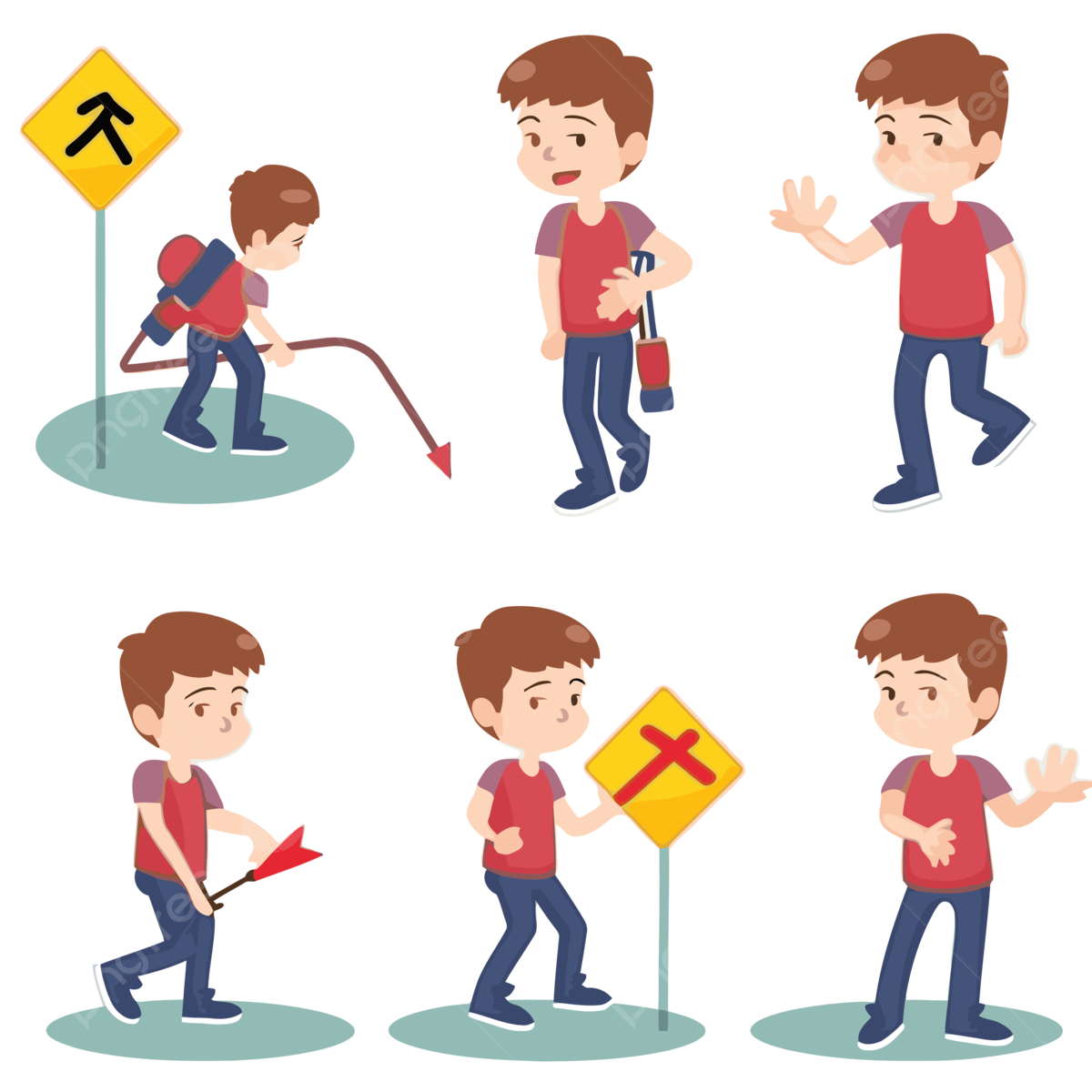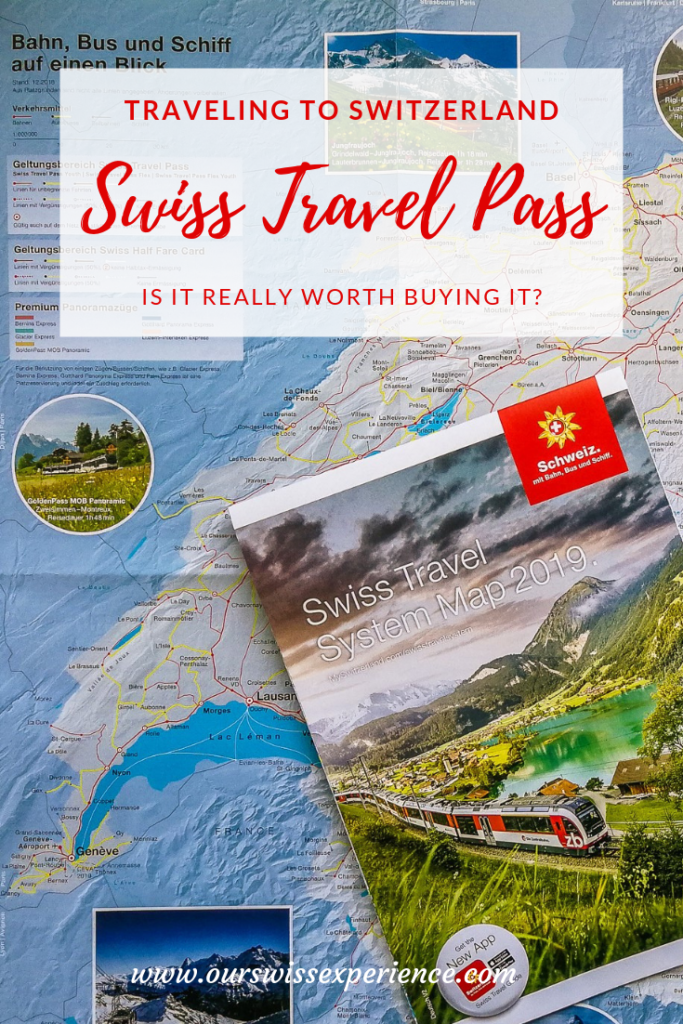What is a Travel Writer: Complete Guide to the Profession
Understand the travel writer profession
A travel writer is a professional storyteller who document experiences, destinations, and cultures through write content. These writers combine their passion for exploration with skilled journalism to create compelling narratives that inform, inspire, and guide readers. Travel writers produce various forms of content include destination guides, travel articles, blog posts, books, and digital media for magazines, newspapers, websites, and travel companies.
The profession encompass often more than merely visit exotic locations and write about them. Travel writers serve as cultural ambassadors, provide authentic insights into different places, peoples, and experiences. They research destinations exhaustively, conduct interviews with locals, and immerse themselves in local customs to deliver accurate, engage content that help readers make informed travel decisions.
Core responsibilities of travel writers
Travel writers wear multiple hats throughout their careers. Their primary responsibility involve research destinations extensively ahead, during, and after visits. This research includes study local history, customs, attractions, accommodations, dining options, and transportation methods. Writers must verify information accuracy and ensure their content remain current and reliable.

Source: 52perfectdays.com
During travels, writer document experiences through detailed note-taking, photography, and sometimes video recording. They interview locals, tourism officials, hotel managers, restaurant owners, and fellow travelers to gather diverse perspectives. This fieldwork from the foundation of authentic, comprehensive travel content.
Backrest place, writers craft compelling narratives that transport readers to destinations through vivid descriptions and practical information. They edit their work meticulously, fact check details, and adapt content for different publications and audiences. Many travel writers besides manage social media accounts, maintain personal websites, and engage with readers through various digital platforms.

Source: amazon.com
Essential skills for travel writing success
Successful travel writers possess strong writing abilities combine with journalistic skills. They must write intelligibly, winsomely, and accurately while adapt their style for different audiences and publications. Research skills are crucial for gather reliable information and uncover unique stories that differentiate their work from countless other travel articles.
Cultural sensitivity and adaptability help travel writers navigate diverse environments respectfully. They must communicate efficaciously with people from different backgrounds, frequently overcome language barriers and cultural differences. Patience and flexibility are essential when deal with travel delays, accommodation issues, or unexpected changes in itineraries.
Photography skills have become progressively important as digital media dominate travel content. While not all travel writers are professional photographers, virtually need basic photography abilities to capture compelling images that complement their write work. Understand social media platforms and digital marketing besides help writers build audiences and attract clients.
Different types of travel writing careers
Travel writing encompass various career paths and specializations. Freelance travel writers work severally, pitch articles to multiple publications and maintain diverse client bases. They enjoy flexibility but must handle business aspects like marketing, invoicing, and client management severally.
Staff travel writers work for specific publications, travel companies, or tourism boards. These positions offer steady income and benefits but may limit creative freedom and destination choices. Staff writers oftentimes specialize in particular regions or types of travel, develop expertise in specific niches.
Many travel writers specialize in particular areas such as luxury travel, budget backpacking, family travel, adventure tourism, culinary experiences, or cultural immersion. Specialization help writers establish expertise and attract targeted audiences and clients willing to pay premium rates for specialized knowledge.
Digital travel writers focus mainly on online content, include blogs, social media, and digital publications. They oftentimes combine write with photography, videography, and social media management to create comprehensive digital travel experiences.
Build a travel writing career
Start a travel write career require build a portfolio of quality work that demonstrate write ability and travel experience. Aspire writers oftentimes begin by create personal travel blogs, contribute to local publications, or write about nearby destinations to develop their skills and establish credibility.
Network play a crucial role in career development. Travel writers benefit from connect with other writers, editors, tourism professionals, and industry contacts through professional associations, conferences, and online communities. These relationships oftentimes lead to assignment opportunities and collaborative projects.
Develop expertise in specific destinations or travel niches help writers stand out in a competitive field. Whether focus on sustainable tourism, luxury resorts, adventure travel, or cultural experiences, specialization allow writers to command higher rates and attract dedicated readerships.
Many successful travel writers diversify their income streams by combine traditional writing assignments with book projects, speak engagements, travel consulting, and digital content creation. This diversification provides financial stability and multiple paths for career growth.
Challenges in travel writing
Travel writing present unique challenges that aspire writers should understand. Financial instability affect many freelance travel writers, as income can fluctuate importantly base on assignment availability and seasonal travel patterns. Writers must manage irregular income while cover travel expenses that may not be amply reimburse.
The romanticized perception of travel writing oftentimes overlook the hard work involve. Writers spend considerable time research, writing, and editing, oftentimes work long hours to meet deadlines while manage travel logistics. The pressure to perpetually produce fresh, engaging content can be demand.
Competition in travel writing has intensified with the rise of digital media and travel blogging. Writers must differentiate themselves in a crowded market while adapt to change media consumption habits and platform algorithms that affect content visibility.
Travel itself present challenges include jet lag, cultural adaptation, language barriers, and occasional safety concerns. Writers must maintain professionalism and productivity while navigate these obstacles and sometimes uncomfortable or stressful situations.
Technology and modern travel writing
Technology has transformed travel write importantly. Digital tools help writer research destinations, navigate unfamiliar places, translate languages, and stay connected with editors and clientworldwidede. Smartphones, tablets, and portable computers enable writers to work from near anyplace.
Social media platforms have become essential tools for travel writers to build audiences, share real time experiences, and attract potential clients. Instagram, Twitter, Facebook, and TikTok allow writers to showcase their work visually and engage direct with readers.
Content management systems and digital publishing platforms have democratized travel writing, allow writers to publish severally and build personal brands. Yet, this accessibility hasto increasee competition and change traditional publishing models.
GPS technology, translation apps, and digital mapping tools have simplified travel logistics, allow writers to focus more ostorytellerle and less on navigation challenges. These tools besides enable more accurate reporting of locations, directions, and practical travel information.
Financial aspects of travel writing
Travel write income vary importantly base on experience, specialization, and client base. Entry level writers oftentimes earn modest fees per article, while establish writers with strong reputations can command premium rates. Staff positions typically offer more stable income but may limit earn potential compare to successful freelance careers.
Many publications provide expense reimbursement for assign travel, but writers oftentimes must advance costs and wait for reimbursement. Freelance writers oftentimes invest their own money in travel expenses, hope to recoup costs through article sales and related opportunities.
Successful travel writers oftentimes develop multiple income streams include article writing, book publishing, photography licensing, speak engagements, travel consulting, and affiliate marketing. This diversification help stabilize income and maximize earn potential from each travel experience.
Tax considerations for travel writers can be complex, as travel expenses may be deductible business costs. Writers should maintain detailed records of expenses and consult tax professionals familiar with freelance writing and travel relate deductions.
Future of travel writing
The travel write industry continue to evolve with change technology and travel patterns. Video content and multimedia storytelling are become progressively important as audiences seek immersive experiences. Writers who will adapt to these trends while will maintain strong storytelling fundamentals wipotentiallyial find will continue success.
Sustainable and responsible travel themes are gain prominence as travelers become more environmentally and culturally conscious. Travel writers who understand and promote sustainable tourism practices may find increase demand for their expertise.
Personalization and niche content are become more valuable as generic travel information becomes commoditize. Writers who will develop unique perspectives, specialized knowledge, or distinctive voices will continue find audiences in a progressively crowded market.
The profession remain rewarding for those who combine strong writing skills with genuine passion for travel and cultural exploration. While challenges exist, travel writing offer unique opportunities to explore the world while share experiences that inspire and inform others.
MORE FROM visa4visit.com













